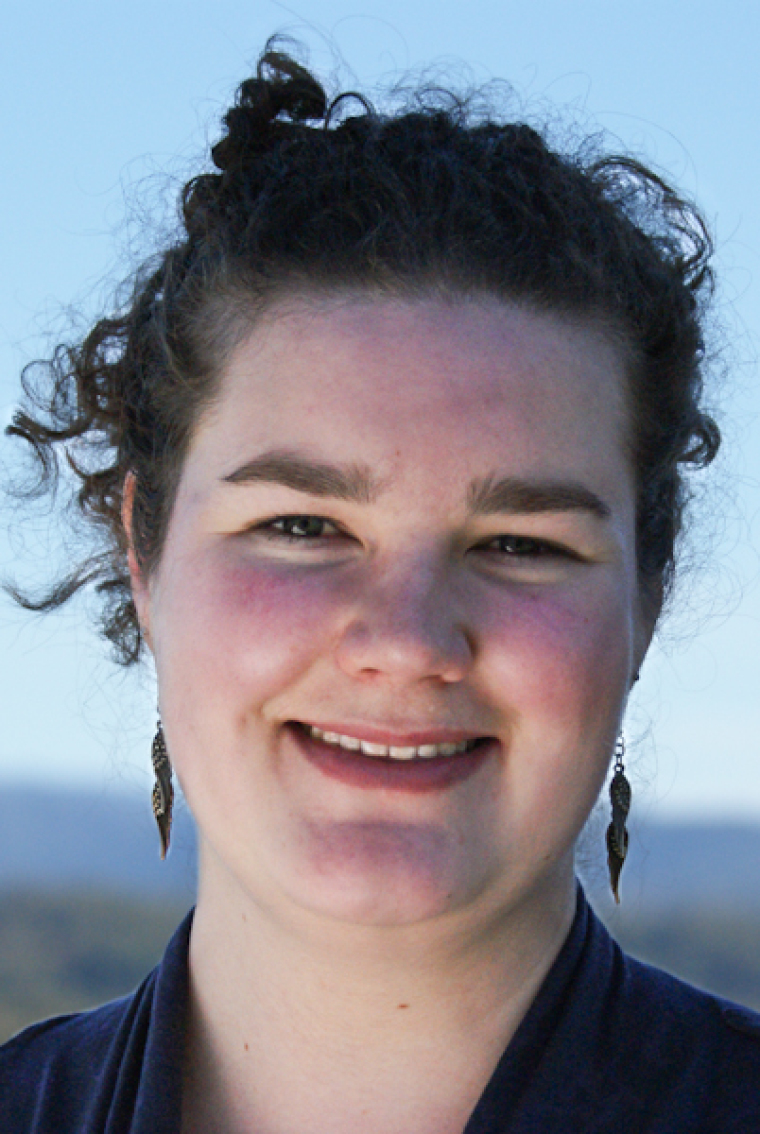
When medieval mapmakers came to the end of the world as they knew it, they would write on the edges of their maps, 'Here Be Dragons'. Without a way to navigate, these areas were, at best, promising yet unexplored, and at worst, perilous.
What is the new world for Christians? Dr White is well-read, he listens to 'opinion-leaders' (including younger leaders: he calls the process of older people learning from the young 'reverse mentoring'), and he has three demanding jobs – pastor of Mecklenburg Community Church (which sees over 70% of new members come in from the ranks of the unchurched), professor of theology and culture at (the Evangelical) Gordon-Conwell Theological Seminary, and he's also president of that Seminary. Oh, and he writes a book each year.
Where is the church succeeding/failing? What do we mean by those terms? Why do so many commercial enterprises crash (a la Jim Collins, Good to Great)? Where do we start, in terms of how moderns see reality? Well, there's the Greek way with its emphasis on rationality. Or the Latin way, concerned with method: how does this work? Problem: the Bible is more Hebraic, emphasising utility and value.
For example, 'We can read all four Gospels on the life and teaching of Jesus and never once find a physical description of Jesus'. What kind of biographer avoids telling us what the subject of the book looks like? Well, to the Hebrew mind, that simply wasn't important. Rationalism may obscure the mysterious, the transcendant: and the search for 'truth' can go on and on without leading to a real commitment to the Truth. But then, as Dorothy Sayers puts it: the neglect of dogma can be a problem for the church: the Christian faith is the most exciting drama that ever staggered human imagination – 'and the dogma is the drama.' (She'll have to try harder to convince me about that…).
Another question
Another question: if Christ-followers are supposed to be the salt of the earth what would happen to our society/culture if all Christians disappeared? Was Alan Wolfe right when he observed 'In every aspect of the religious life, American faith has met American culture – and American culture has triumphed'. But there's a danger in navel-gazing about what we're doing wrong: as T S Eliot once noted, we run the risk of righting some wrongs at the cost of creating new ones.
And toss this into the mix, from Peter Berger: 'If India is the most religious country on our planet, and Sweden is the least religious, America is a land of Indians ruled by Swedes.' (White doesn't spell that out a bit more for us: but then, he might alienate some political 'heavies' if he did that).
In our world: Most non-Christians have never met a follower of Christ. Over 86 percent of all Buddhists, Hindus, and Muslims do not even know a Christian. And at home (in the US): Why are young people forsaking the church? Kinnamn and Lyons' research found that when they offered words or phrases to 16 to 29-year-olds, leading the way was 'antihomosexual' (91%) and 'judgmental' (87%).
This book is full of good questions
Questions, questions, questions… the book is full of them, and they're good ones. But here's the rub, illustrated by a dream told by Martin Niemoller, a German Lutheran bishop who tried to negotiate with Hitler during World War II in an attempt to save the church of Germany from being closed down by the Nazi dictator. 'Toward the end of his life Niemoller had a recurring dream in which he saw Hitler standing before Jesus on Judgment Day.
Jesus got off his throne, put his arm around Hitler and asked, "Adolf! Why did you do the ugly evil things you did? Why were you you so cruel?" Hitler, with his head bent low, simply answered, "Because nobody ever told me how much You loved me". At this point Niemoller would wake up from his dream in a cold sweat, remembering the countless meetings he had with Hitler – face to face – and he never once said, "By the way, Fuhrer, Jesus loves you! He loves you more than you will ever know. He loved you so much that he died for you. Do you know that?"'
The answer to all this book's questions lies in that truth somewhere…
Rowland Croucher April 2012. jmm.aaa.net.au
Rosie Timmins in a journalism graduate from Bond and is based in Melbourne ministering with OAC as an Intern.
Rosie Timmins archive of articles may be viewed at www.pressserviceinternational.org/rosie-timmins.html